· “When things become dark, more prayer is needed! And there will be more hope”. ·
This lesson from the Book of Jonah was offered by Pope Francis.
Dear Brothers and Sisters,

In Sacred Scripture, among the prophets of Israel, a rather anomalous figure stands out, a prophet who attempts to avoid the Lord’s call by refusing to place himself at the service of the divine plan of salvation. It is the prophet Jonah, whose story is narrated in a small book of only four chapters, a type of parable bearing a great lesson, that of the mercy of God who forgives.
Jonah is a prophet “going out” and also a prophet in flight! He is a prophet going out whom God sends “to the periphery”, to Nineveh, in order to convert the people of that great city. But Nineveh, to an Israelite like Jonah, was a threatening reality, the enemy which place Jerusalem itself in peril, and therefore was to be destroyed, certainly not to be saved. Therefore, when God send Jonah to preach in that city, the prophet, who knows the Lord’s goodness and his desire to forgive, seeks to avoid his task and flees.
During his flight, the prophet enters into contact with pagans, the mariners on the ship that he boarded in order to distance himself from God and from his mission. And he flees far, because Nineveh was in the area of Iraq and he fled to Spain, he seriously fled. And it was actually the behaviour of these pagan men, as that of the people of Nineveh would later be, that today allows us to reflect a bit on the hope which, in the face of danger and death, is expressed in prayer.
Indeed, during the sea voyage, a mighty tempest breaks out, and Jonah goes down to the ship’s cargo hold and falls asleep. The mariners, however, seeing themselves lost, “each cried to his god”: they were pagans (Jon 1:5). The captain of the ship wakes Jonah, saying to him: “What do you mean, you sleeper? Arise, call upon your god! Perhaps the god will give a thought to us, that we do not perish” (Jon 1:6).
The reaction of these ‘pagans’ is the right reaction in the face of death, in the face of danger; because it is then that man fully experiences his frailty and his need for salvation.
The instinctive dread of dying reveals the necessity of hope in the God of life. “Perhaps God will give a thought to us, that we do not perish” are the words of hope which becomes prayer, that supplication filled with anguish which rises to the lips of mankind in the face of an imminent danger of death.
We too easily disdain the turning to God in need as if it were only a prayer of self-interest, and therefore imperfect. But God knows our weakness. He knows that we remember him in order to ask for help, and with the indulging smile of a father, God responds benevolently.
When Jonah, recognizing his responsibility, throws himself into the sea in order to save his travel companions, the storm quiets down. Incumbent death led those pagan men to prayer, enabling the prophet, in spite of it all, to live his vocation at the service to others, sacrificing himself for them, and now leads the survivors to recognize and praise the true Lord. The mariners who, in the grip of fear, had prayed to their gods, now, with sincere fear of the Lord, recognize the true God, offer sacrifices and made vows. Hope, which had induced them to pray that they not die, is revealed as even more powerful and works a reality that goes even beyond what they were hoping: not only do they not perish in the storm, but they open to recognize the one true Lord of heaven and earth.
Afterwards, even the people of Nineveh, in the face of the prospect of being destroyed, pray, spurred by hope in God’s forgiveness. They do penance, invoke the Lord and convert to him, beginning with the king who, like the captain of the ship, gives voice to hope: “Who knows, God may yet repent and turn from his fierce anger, so that we perish not?” (Jon 3:9). For them too, as for the crew in the storm, facing death and being saved from it led them to the truth. Thus under divine mercy, and even more in the light of the Paschal Mystery, death can become, as it was for Saint Francis of Assisi, “our sister death” and represent, for every person and for each one of us, the surprising occasion to know hope and encounter the Lord. May the Lord help us to understand this link between prayer and hope. Prayer leads you forward in hope, and when things become dark, more prayer is needed! And there will be more hope. Thank you.
After his reflection and special greetings to various groups present, the Pontiff recalled:
Today begins the Week of Prayer for Christian Unity, which this year has us reflect on Christ’s love which encourages us toward reconciliation. Dear young people, pray that all Christians may return to be one family; dear sick people, offer your suffering for the cause of the unity of the Church; and you, dear newlyweds, experience gratuitous love as that of God for humanity.

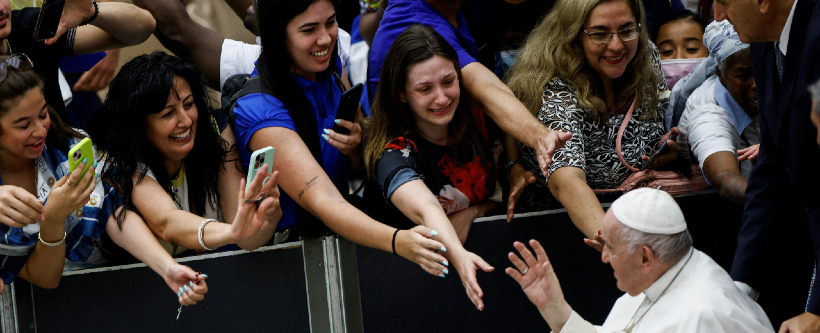
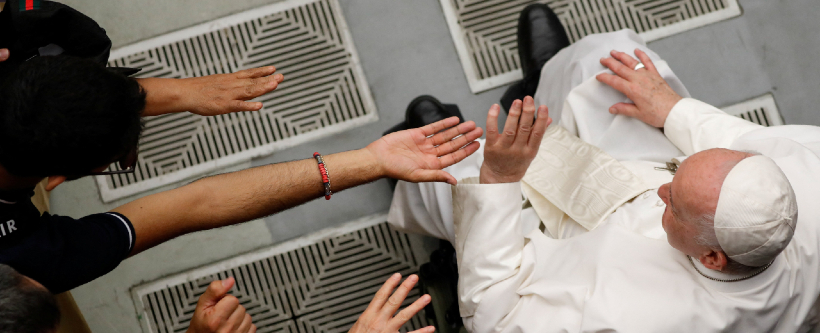
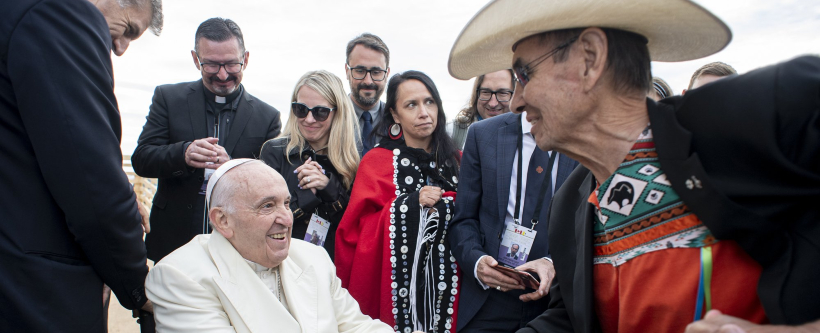
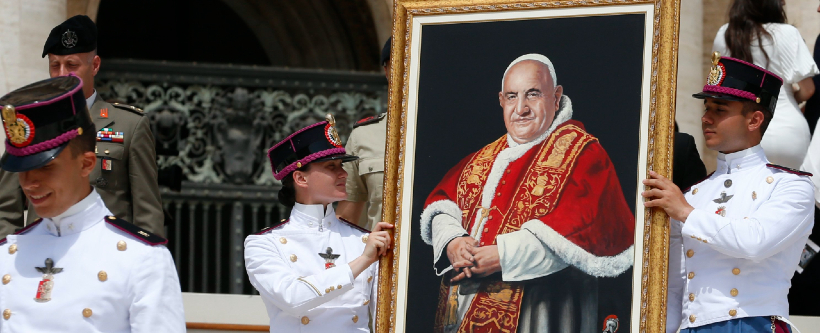
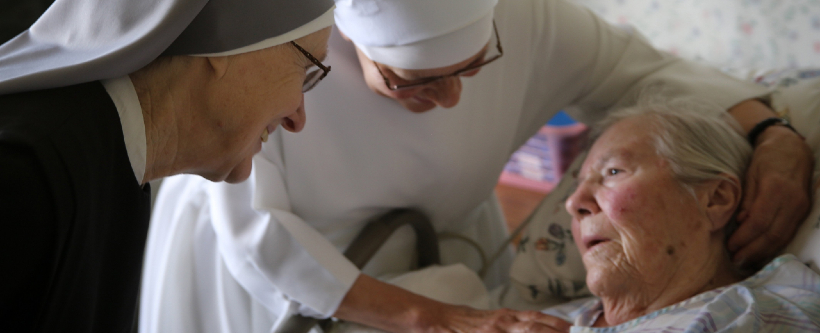
Facebook Comments